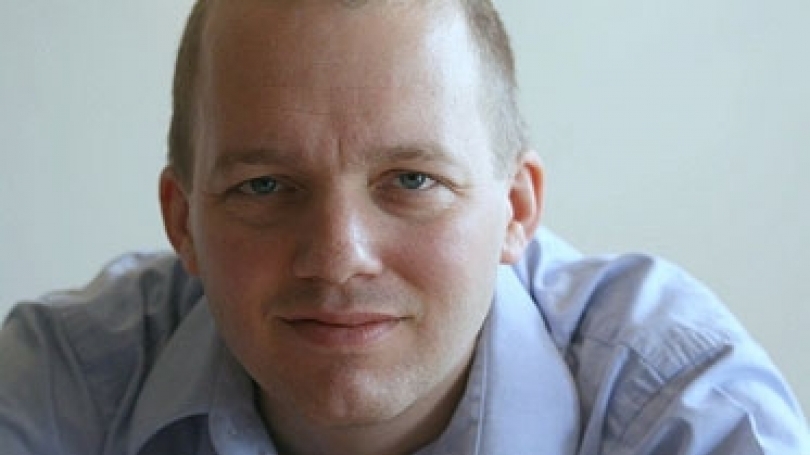At their recent national convention, Pi Kappa Delta—the nation's oldest collegiate speech and debate organization—named the Institute for Writing and Rhetoric's Josh Compton the editor of their journal, The Forensic. The Forensic publishes work in argumentation, public speaking, and intercollegiate speech and debate activities.
This prestigious appointment reflects Compton's distinguished reputation as a scholar. Former editor Nina-Jo Moore says of Compton's appointment, "Josh is the preeminent candidate from our ranks, and is our best choice for the Editor position of The Forensic of Pi Kappa Delta. His skill in editing, his organizational skills, and his approach to getting things accomplished will serve him well in this position." Gina Jensen, President of Pi Kappa Delta, adds, "Dr. Compton is well known for his scholarship and has won numerous awards for his writing. He brings a lot of prestige to our publication. As our organization moves into its second century, we look forward to having Dr. Compton in charge of our journal."
Compton is equally thrilled about this opportunity. "One of the neatest things about this position," Compton says, "is that I'll be re-immersed into forensic scholarship—of issues of intercollegiate speech and debate, but more broadly, issues of argument, of rhetoric, of public address." Compton notes that coaches and students engaged in forensics have done remarkable work in exploring how we craft messages of influence, how arguments function, and how audiences process and evaluate information.
Compton further sees opportunities to make connections between his new position and the conversation that we're all immersed in at the Institute for Writing Rhetoric—specifically our conversation regarding transfer. Compton elaborates: "I've been particularly intrigued by the Institute for Writing and Rhetoric's considerations of transfer of learning at Dartmouth, and I hope to explore some of these issues through scholarship in The Forensic. How do students transfer what they have learned in their writing and speech classrooms to intercollegiate competitive forensics, and vice versa? Which discoveries transfer to their future careers or studies? What are some manifestations of transfer among the competitive events, or between public speaking and debate? A good deal of work in these areas suggests that forensic participation has extraordinary benefits for students, and I think the transfer literature can help add even more nuance to these discoveries."
Compton anticipates that an impressive depth and breadth of research will cross his desk while editor of The Forensic. He is eager for that work to begin.
